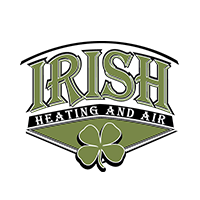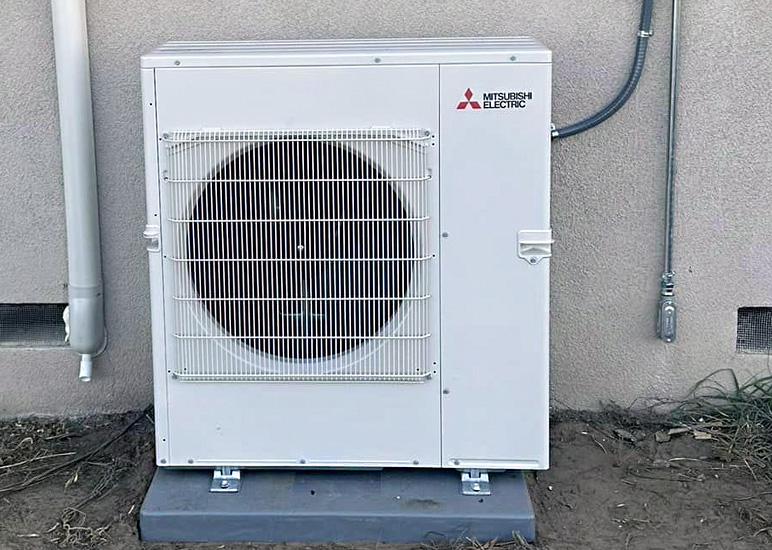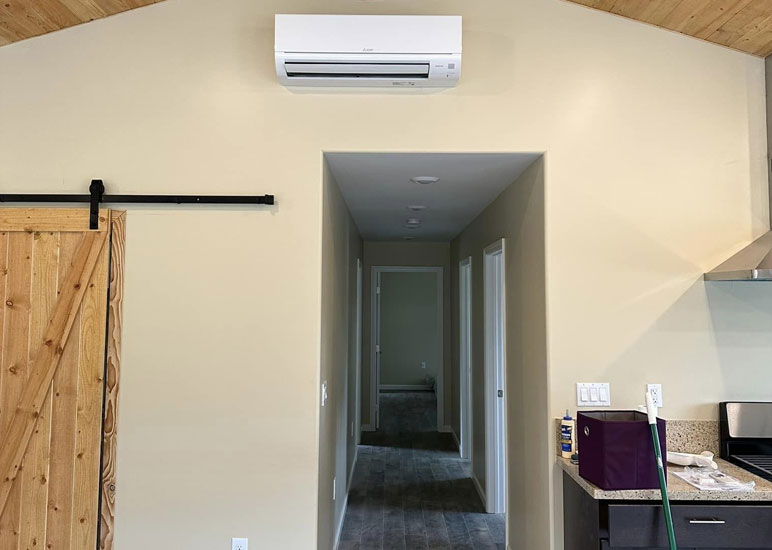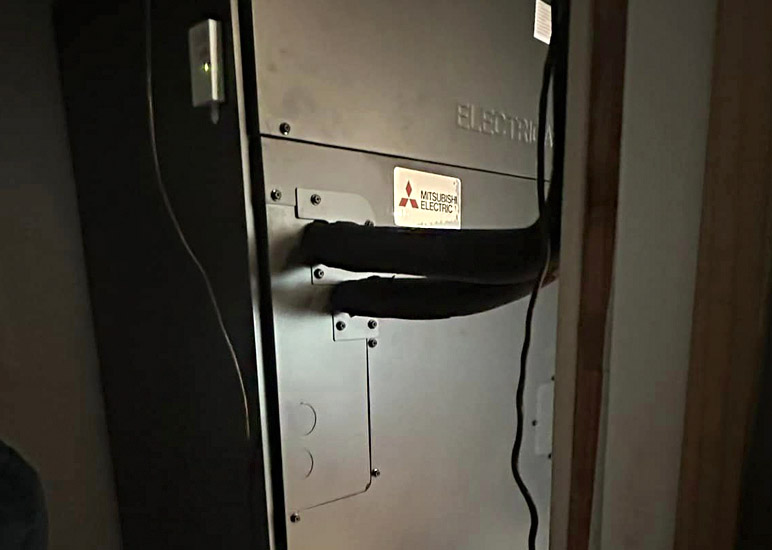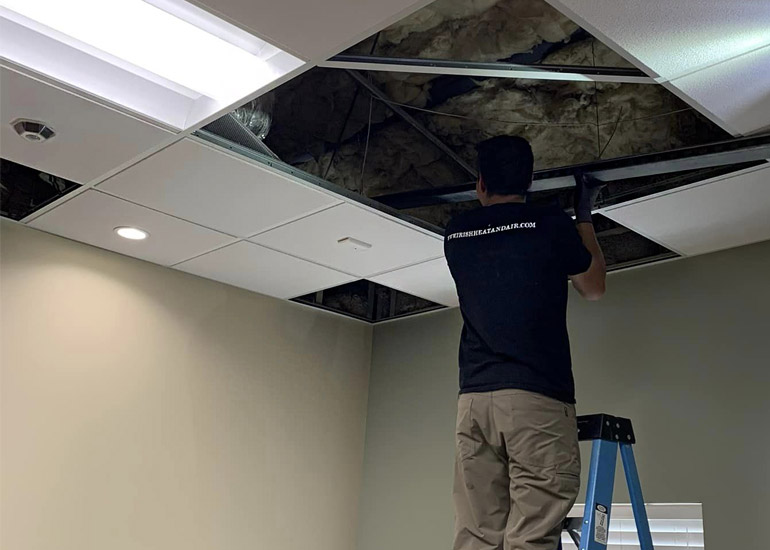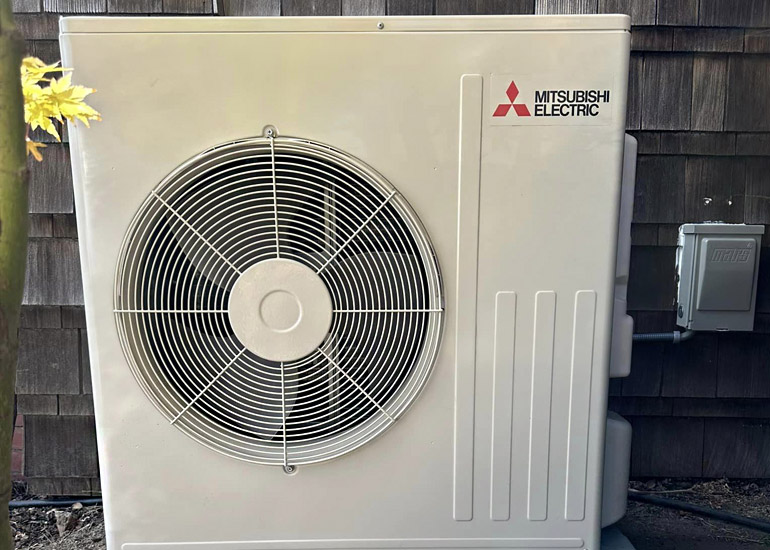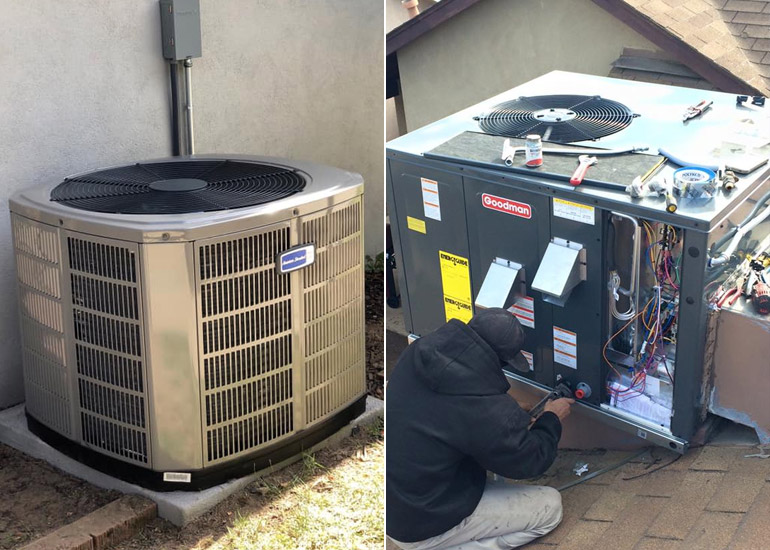 You may be used to the HVAC systems in your home but more puzzled by the system at your workplace or in your commercial building. While they perform the same functions, there are major differences between residential and commercial HVAC systems. Here are a few of those differences that are most important.
You may be used to the HVAC systems in your home but more puzzled by the system at your workplace or in your commercial building. While they perform the same functions, there are major differences between residential and commercial HVAC systems. Here are a few of those differences that are most important.
Larger Units
It’s no surprise that commercial buildings are typically bigger than homes and therefore have more space to heat, cool and ventilate. They, therefore, need larger units that can produce more heat, move more air, draw out more humidity, etc.
What we call “residential HVAC systems” are used in single homes, while residential buildings like apartments and condominiums have HVAC systems that look more like those found in commercial buildings. They rely on air conditioners, boilers, furnaces, and ventilation systems that can handle much more air and space than an HVAC unit in a home.
Multiple Units
It can be impossible or impractical to have a single unit to handle an entire commercial space. This is especially true of large office buildings, entertainment complexes and other high-capacity buildings. These need multiple units, each handling the temperature or ventilation in a certain “zone” of the building. A zone could be a floor, a section, a unit, or some other division of the property. There may be very formal zones with dedicated units so that the temperature can be different in these different spaces, or there may be little physical distinction between zones.
Ventilation Concerns
In a large building with many occupants, CO2 can build up quickly. There can also be many other air quality concerns, from mold spores and allergens to gases and chemicals. Larger buildings need more aggressive ventilation systems that cycle more air per minute than residential ones. Residential buildings still need ventilation, and many of the solutions may look the same in the two systems, like local ventilation in specific areas of concern, but commercial HVAC systems need more.
Placement
For homes, HVAC units are usually placed in the home, in the basement or a dedicated furnace room. You may have an outdoor unit for the air conditioner or a more niche kind of cooling equipment. In a commercial building, which typically has a flat roof, HVAC equipment can be installed on the roof. And why not? Doing so saves space, allows professionals to have easy and non-disruptive access to the equipment.
Maintenance Needs
While residential HVAC units need roughly yearly maintenance, commercial systems may need more frequent maintenance. They handle larger volumes of air, so their filters can fill up faster, and they may experience overall wear and tear faster. They also have more units, which means more time and money spent on maintenance.
For both systems, regular maintenance is critical to keep the system efficient and keep it running for as long as possible. However, commercial systems will typically need maintenance more frequently.
Your HVAC technicians can help you with any issues you might have with your residential or commercial HVAC system.
